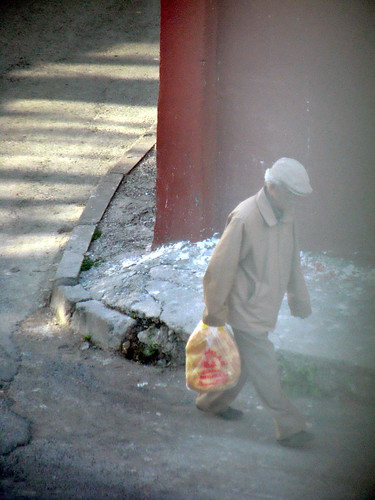‘This time it’s really hard’: British Muslims reflect as Ramadan begins
Ramadan #Ramadan

Thousands of people are expected to attend evening prayers at the East London Mosque to mark the beginning of Ramadan, a deeply significant time of spirituality and community for Muslims.
The shared experience of fasting and worship during the holy month, which begins on Monday in the UK, “reinforces a sense of unity and common purpose within the British Muslim community”, according to Sufia Alam, the head of programmes at the mosque.
But some British Muslims would be approaching Ramadan with a “heavy heart”, Alam said, amid the continuing bombardment of Gaza and the rise in Islamophobia in the UK.
“The month is usually a time of spiritual reflection, community, and joy, but the conflict weighs heavily on our minds. Many congregants have expressed deep concern and sadness over the loss of life and the suffering of Palestinians,” she said.
More than 30,000 people, mainly women and children, have been killed in Gaza since October, according to the Hamas-run health ministry. About 85% of Gaza’s 2.3 million population have also been displaced since Israel began its bombardment.
Israel’s offensive was a response to Hamas’ 7 October attack, when about 1,200 people were killed and 250 people taken hostage, according to Israeli figures.
Despite calls for an imminent ceasefire, fears continue to loom of an impending Israeli offensive in Rafah – the last place of relative safety for displaced Palestinians. The hopes of securing a hostage deal by the beginning of Ramadan, the unofficial deadline, have quickly dissipated.
Ramadan is usually observed with a month of fasting, prayer and charity beginning with the sight of the new crescent moon. Muslims who fast during the day will have a modest meal before dawn, known as suhoor, and after dusk, known as iftar.
A Palestinian asylum seeker living in Yorkshire, who wanted to remain anonymous, said observing Ramadan this year would be “really hard”.
“Observing that [families] are suffering, under threat … it makes Ramadan this time really hard … We have guilt, for instance, when we eat, we don’t feel happy when we eat. Because we know that families in Gaza don’t have food,” they said.
Kamran Hussain, the chief executive of the British Muslim Heritage Centre in Manchester, said the suffering in Gaza was “still very much at the forefront of the community’s mind”.
He said: “What’s changed over recent years is social media and the way that we experience conflicts now. Everyone’s receiving these shocking live images of babies being maimed and killed, children starving and others grieving. This is on an almost daily basis …
“The Muslim community is feeling that pain very much [and] finding it very difficult. Gaza is playing into a lot of the conversations and our decision making as well – people are boycotting organisations.”
Hussain said security staff at the centre had also been instructed to be “more vigilant” this year due to the rise in Islamophobic incidents in the UK.
Statistics released by Tell Mama found Islamophobic incidents more than tripled in a four-month period after Hamas’s attack last year. Muslim women were targeted in two of every three incidents recorded by the charity.
Hussain said: “[The facility’s head] has put a number of controls and precautions in place to make sure that we’re just a little safer. We’re not expecting anything but I think, in light of what we’re seeing right now, it just makes sense for us to be a little more vigilant.”
Both the centre in Manchester and the east London mosque will be collecting donations for relief efforts in Gaza. Hussain described Ramadan as “one of the most giving periods of the year for Muslims”.
Shazia, who is preparing for Ramadan in Birmingham, said she will be donating to relief aid in Gaza. “For me, I think that this year will be completely different in my prayer. I feel that I will be praying for there to be peace for them in Gaza,” she said.
“Ramadan will be very different this year. I do feel when we will break our fast at the time of iftar we will have a special prayer for the people of Gaza.”
Ibtisam Belola, a trustee at the Muslim Women Network, said Ramadan was a “special” time for the community and she was looking forward to the holy month.
“It is a time of reflection, spirituality but also of togetherness … It’s a positive time. Ramadan is something that Muslims look forward to so often. We look forward to that ability to connect with others,” she said.